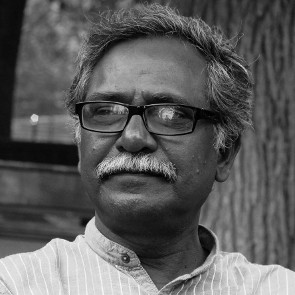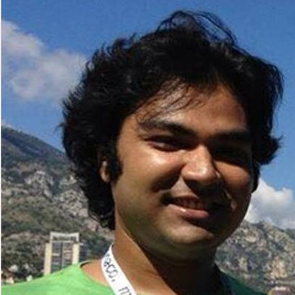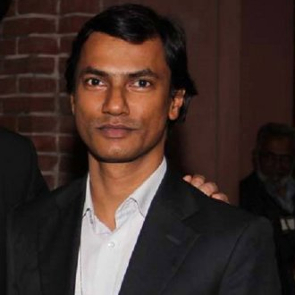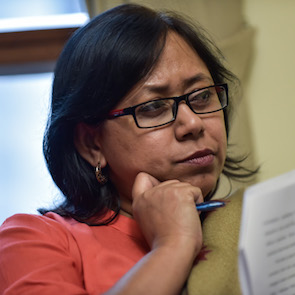Victim Blaming: Bangladesh’s Failure to Protect Human Rights Defenders
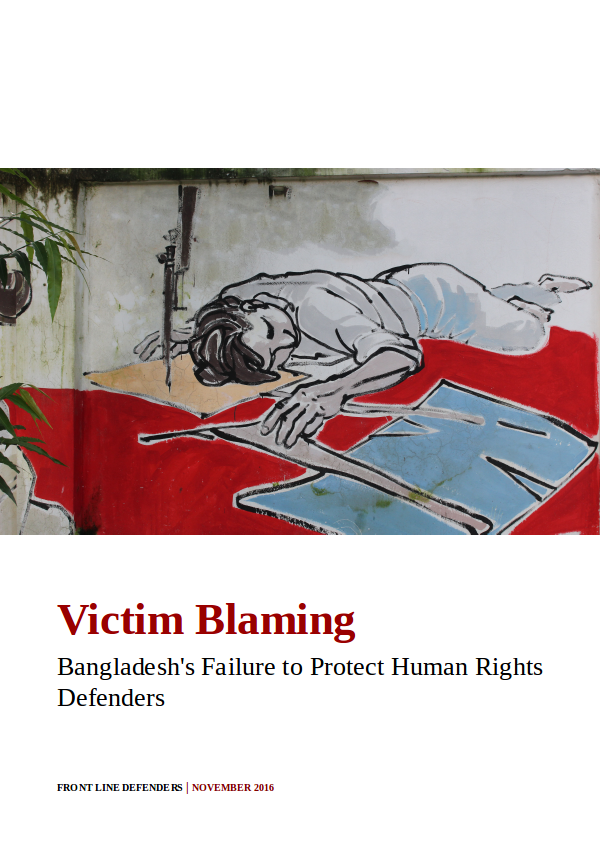 Between February 2013 and June 2016, at least 14 human rights defenders (HRDs), secular writers and activists were murdered in Bangladesh. Local extremist groups pledging allegiance to Al-Qaeda in the Indian Subcontinent often claimed responsibility for the attacks, which have targeted HRDs who write about women’s rights, indigenous peoples’ rights, freedom of religion, and other human rights issues. The authorities have so far failed to conduct thorough and transparent investigations into the murders of activists. What began in 2013 as an assault on bloggers sharing secular views and criticising the influence of fundamental Islam on Bangladeshi politics has become a lethal environment for HRDs who advocate for human rights- related reforms to which those pushing a fundamentalist Islamic agenda are opposed.
Between February 2013 and June 2016, at least 14 human rights defenders (HRDs), secular writers and activists were murdered in Bangladesh. Local extremist groups pledging allegiance to Al-Qaeda in the Indian Subcontinent often claimed responsibility for the attacks, which have targeted HRDs who write about women’s rights, indigenous peoples’ rights, freedom of religion, and other human rights issues. The authorities have so far failed to conduct thorough and transparent investigations into the murders of activists. What began in 2013 as an assault on bloggers sharing secular views and criticising the influence of fundamental Islam on Bangladeshi politics has become a lethal environment for HRDs who advocate for human rights- related reforms to which those pushing a fundamentalist Islamic agenda are opposed.
In August 2016, Front Line Defenders conducted a research mission to Bangladesh to investigate the killings of HRDs, the government’s response to the attacks, and reports from HRDs regarding the denial of their requests for police protection.
This report reflects the experiences of HRDs working on a variety of rights in Dhaka, though with national impact. HRDs interviewed include those working for the rights of women, LGBT groups, migrant workers, indigenous peoples, and labourers, as well as those fighting for freedom of expression and academic freedom. It includes testimonies from the families and colleagues of murdered HRDs, activists still working in Bangladesh, and HRDs forced into exile. It also draws on interviews with Bangladeshi and international journalists, legal experts, and academics.


